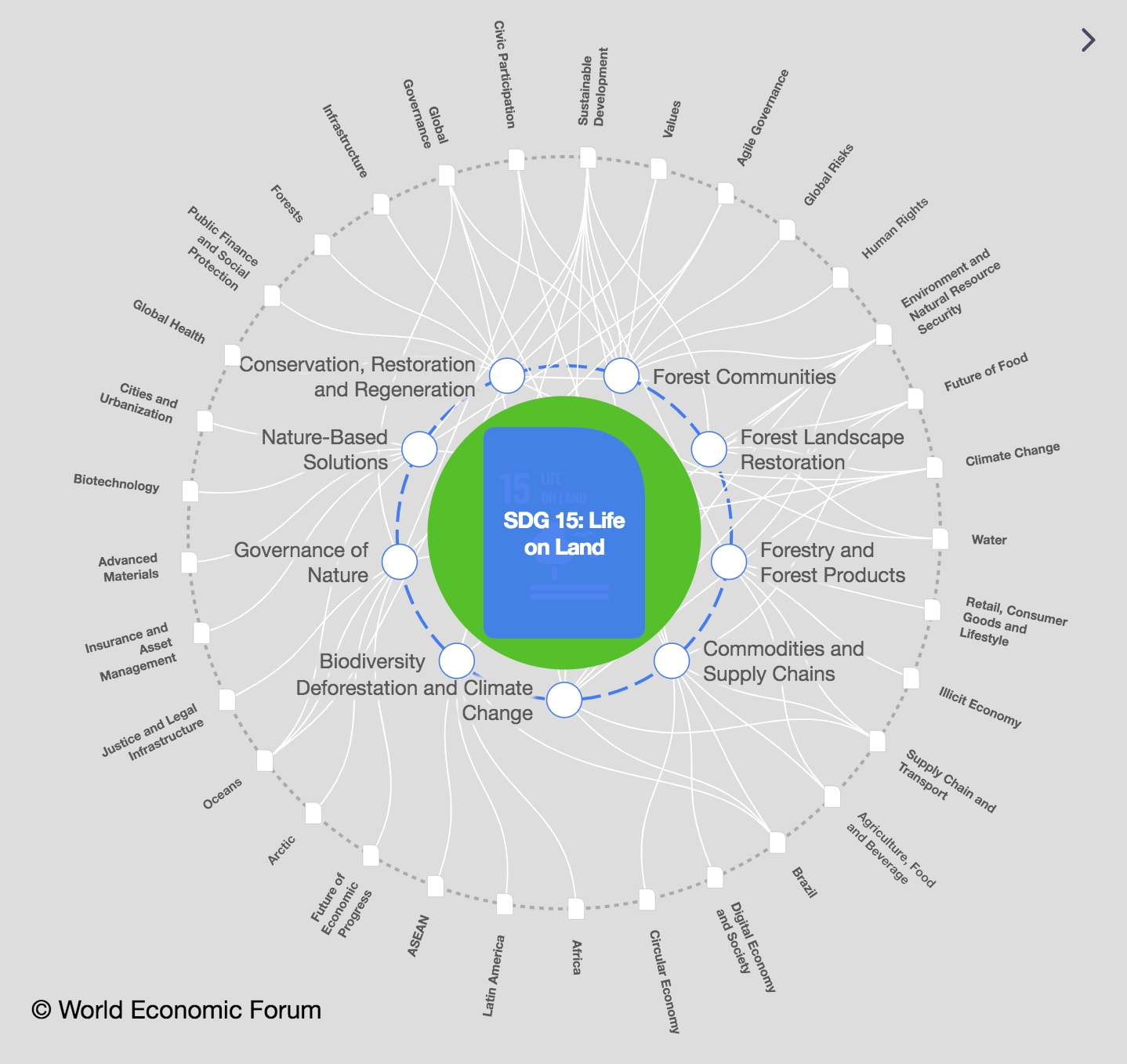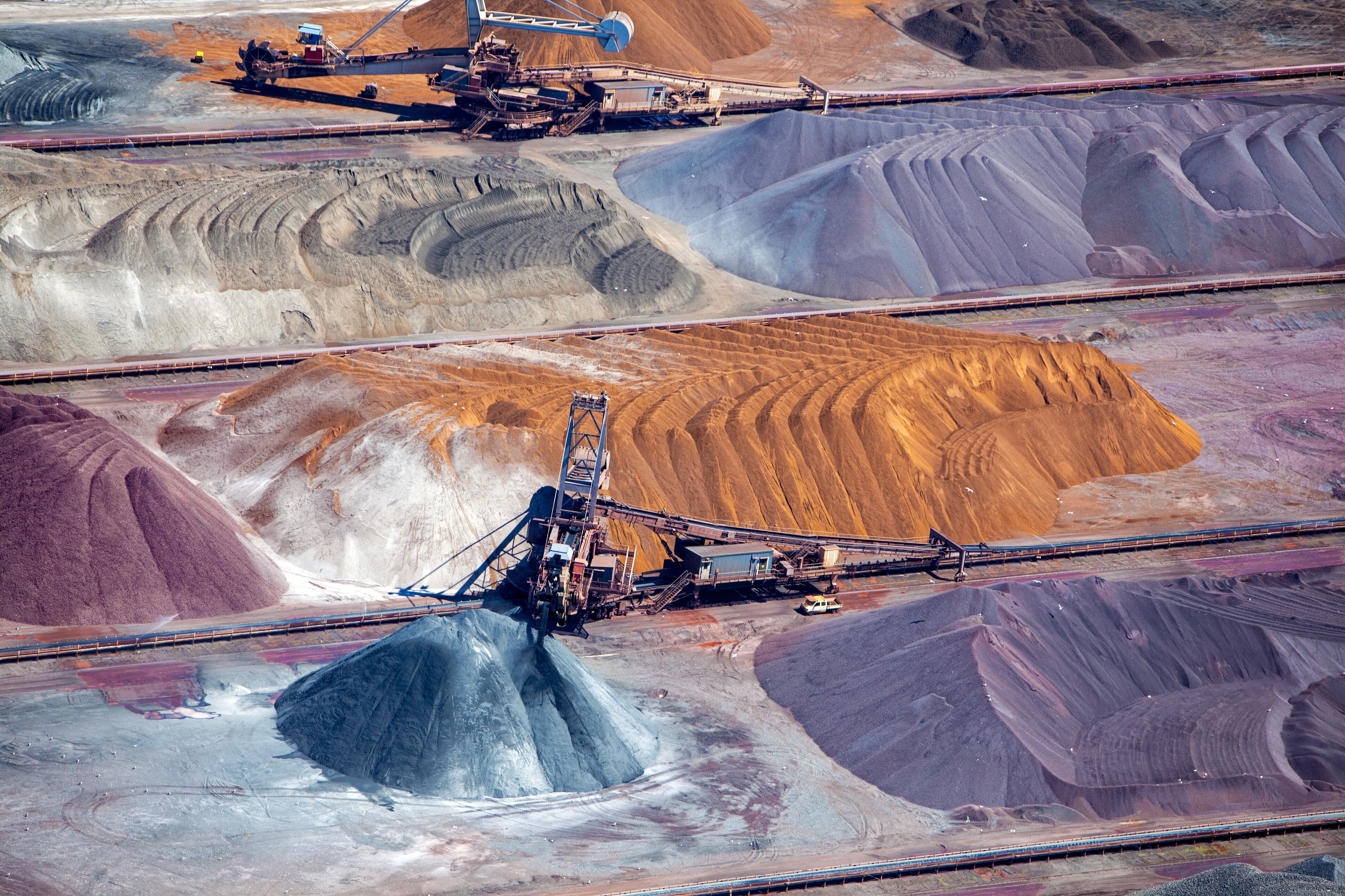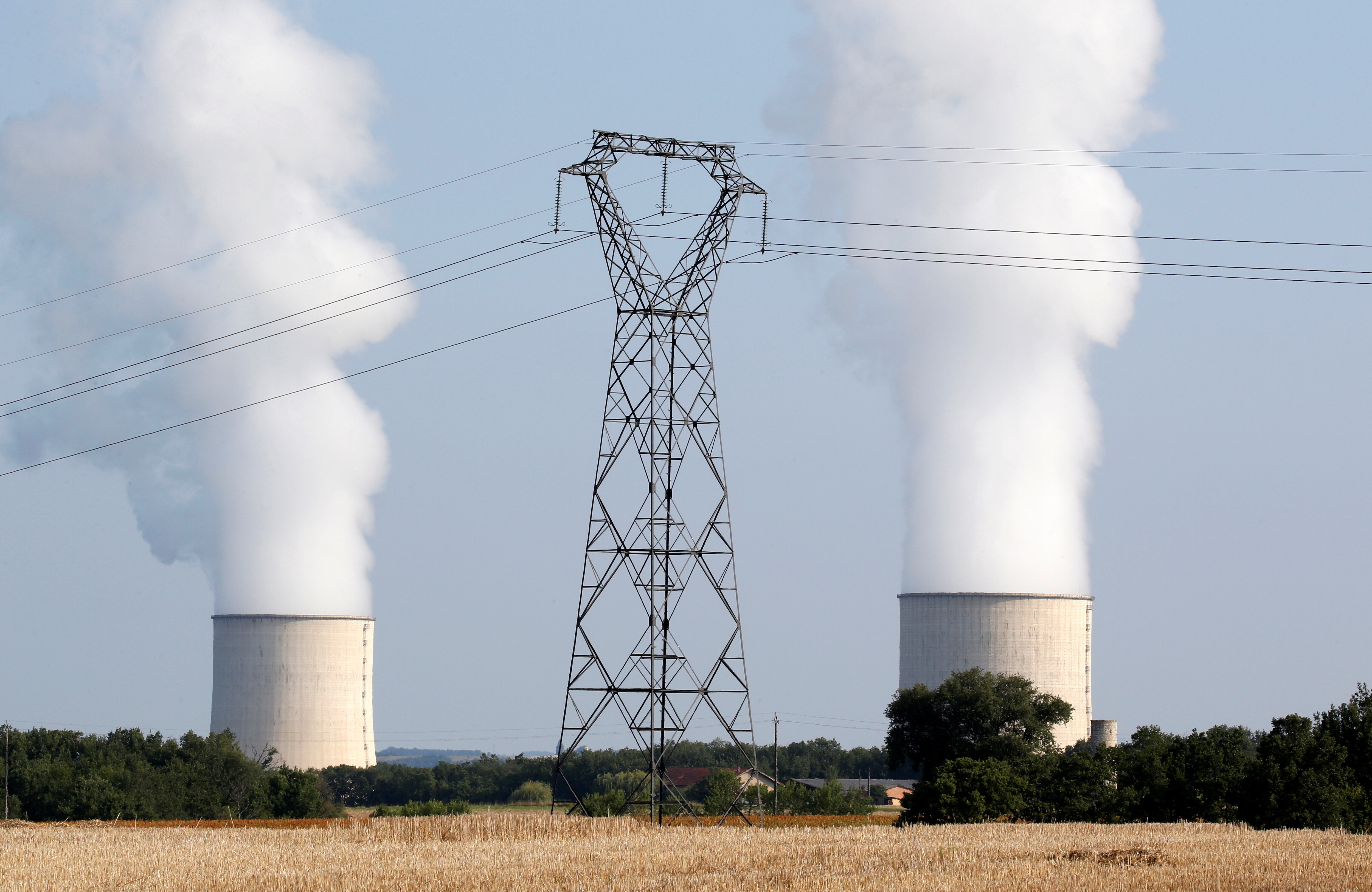How Indigenous communities advance climate action at COP conferences

"Indigenous communities are vital to global biodiversity preservation." Image: Azzedine Rouchi/Unsplash
- The 2024 COPs on biodiversity, climate change and desertification addressed key issues affecting Indigenous communities.
- Key outcomes included the creation of the Cali Fund to support Indigenous biodiversity efforts and expanded Indigenous leadership roles in biodiversity policy.
- While these developments underscore the critical role of Indigenous peoples in safeguarding the planet, challenges remain in ensuring equitable access to resources.
Between October and December 2024, world leaders, businesses and civil society gathered at the three UN Conferences of the Parties (COPs) in Cali, Baku and Riyadh to address humanity's most pressing planetary challenges and explore possible solutions.
Indigenous peoples, who constitute only 5% of the global population yet steward over 80% of its biodiversity, were at the heart of these critical discussions.
The role of Indigenous peoples in safeguarding biodiversity
Indigenous communities are vital to global biodiversity preservation, yet they face persistent challenges in securing land rights, accessing direct finance, and having decision-making authority. Despite the recognition of their rights through the UN Declaration on the Rights of Indigenous Peoples (UNDRIP), they often struggle to receive the support necessary to protect their lands and critical ecosystems. Funding remains another key issue, with insufficient financial flows reaching Indigenous communities. Adequate, transparent funding is essential to empower their self-determined restoration efforts and bolster the fight against climate change.
With the 2030 SDGs only five years away, what have been some notable outcomes of the 2024 COP summits, including their impacts on Indigenous peoples and the fight to protect critical lands, waters, and species?
Highlights from the 2024 COP summits
COP16 on Biological Diversity – Cali, Colombia
In Cali, Colombia, the Amazon Sacred Headwaters Alliance President, Uyunkar Domingo Peas Nampichkai, underscored the strategic importance of financial support in addressing the global water crisis. During a World Economic Forum-led session, he stressed that “money is supposed to be used as a strategy tool to do actions for the environment.”
Despite the challenges, COP16 marked significant progress. The groundbreaking Cali Fund was launched to channel financial benefits from digital sequence information (DSI) on genetic resources directly to Indigenous peoples and local communities. This initiative ensures that a portion of profits from DSI supports the self-identified needs of these communities.
The conference also focused heavily on Indigenous stewardship, with over 60 sessions dedicated to their roles in biodiversity conservation. A notable outcome was the establishment of a permanent subsidiary body under Article 8(j) of UNDRIP. This body amplifies Indigenous participation in biodiversity-related decision-making and monitors commitments to preserve traditional knowledge. This achievement binds governments and private entities to respect Indigenous knowledge, emphasizing its critical role in addressing environmental challenges.
How the Forum helps leaders align climate action with nature-positive growth
COP29 on Climate Change – Baku, Azerbaijan
In Baku, the spotlight was on climate finance. Nations pledged to increase annual financial support to developing countries from $100 billion to $300 billion by 2035. However, this falls significantly short of the $1 trillion requested, highlighting the ongoing gap in meeting climate financing needs. Hindou Oumarou Ibrahim, President of the Association des Femmes Peules Autochtones du Tchad (AFPAT), pointedly remarked that financing should be seen not as charity but as a fundamental right to reparation.
COP29 renewed the mandate for the Facilitative Working Group of the Local Communities and Indigenous Peoples Platform. This renewal, along with the adoption of the Baku Workplan, strengthens Indigenous voices in climate policy. The Workplan promotes knowledge exchange, builds capacity for engagement, and integrates diverse values into climate actions, reinforcing the importance of inclusive climate governance.
COP16 to Combat Desertification – Riyadh, Saudi Arabia
The Riyadh conference focused on combating desertification and drought. Indigenous leaders from all seven socio-cultural regions participated, advocating for their inclusion in key initiatives such as the Riyadh Action Agenda and the Drought Resilience Partnership Fund. While proposals for dedicated funding to support Indigenous-led land restoration were encouraged, their realization depends on actionable plans and effective implementation.
A major request during COP16 was the creation of an Indigenous Peoples Caucus within the UNCCD framework. This caucus would enhance knowledge exchange and provide targeted advice. However, no concrete plans for its establishment have yet emerged, leaving a gap in formal representation and advocacy.
Moving from commitments to action
The three COPs showcased meaningful commitments to advancing the role of Indigenous peoples in addressing biodiversity loss, climate change, and desertification. However, translating these commitments into tangible outcomes will require rigorous oversight, transparent reporting, and ongoing dialogue with Indigenous communities.
As we look ahead to COP30 on Climate Change in Belém, Brazil, the world must remain vigilant in ensuring that the pledges made in Cali, Baku, and Riyadh materialize. Independent accountability mechanisms and active participation from Indigenous communities will be crucial in turning these promises into lasting change.
To learn more about the World Economic Forum’s multi-stakeholder approach to engaging Indigenous communities in shaping the future of nature and climate, visit the Indigenous Peoples’ Knowledge and Leadership Network.
Don't miss any update on this topic
Create a free account and access your personalized content collection with our latest publications and analyses.
License and Republishing
World Economic Forum articles may be republished in accordance with the Creative Commons Attribution-NonCommercial-NoDerivatives 4.0 International Public License, and in accordance with our Terms of Use.
The views expressed in this article are those of the author alone and not the World Economic Forum.
Stay up to date:
SDG 15: Life on Land
Forum Stories newsletter
Bringing you weekly curated insights and analysis on the global issues that matter.
More on Climate Action and Waste Reduction See all
Yun B. Choi and Kijune Kim
January 7, 2026






